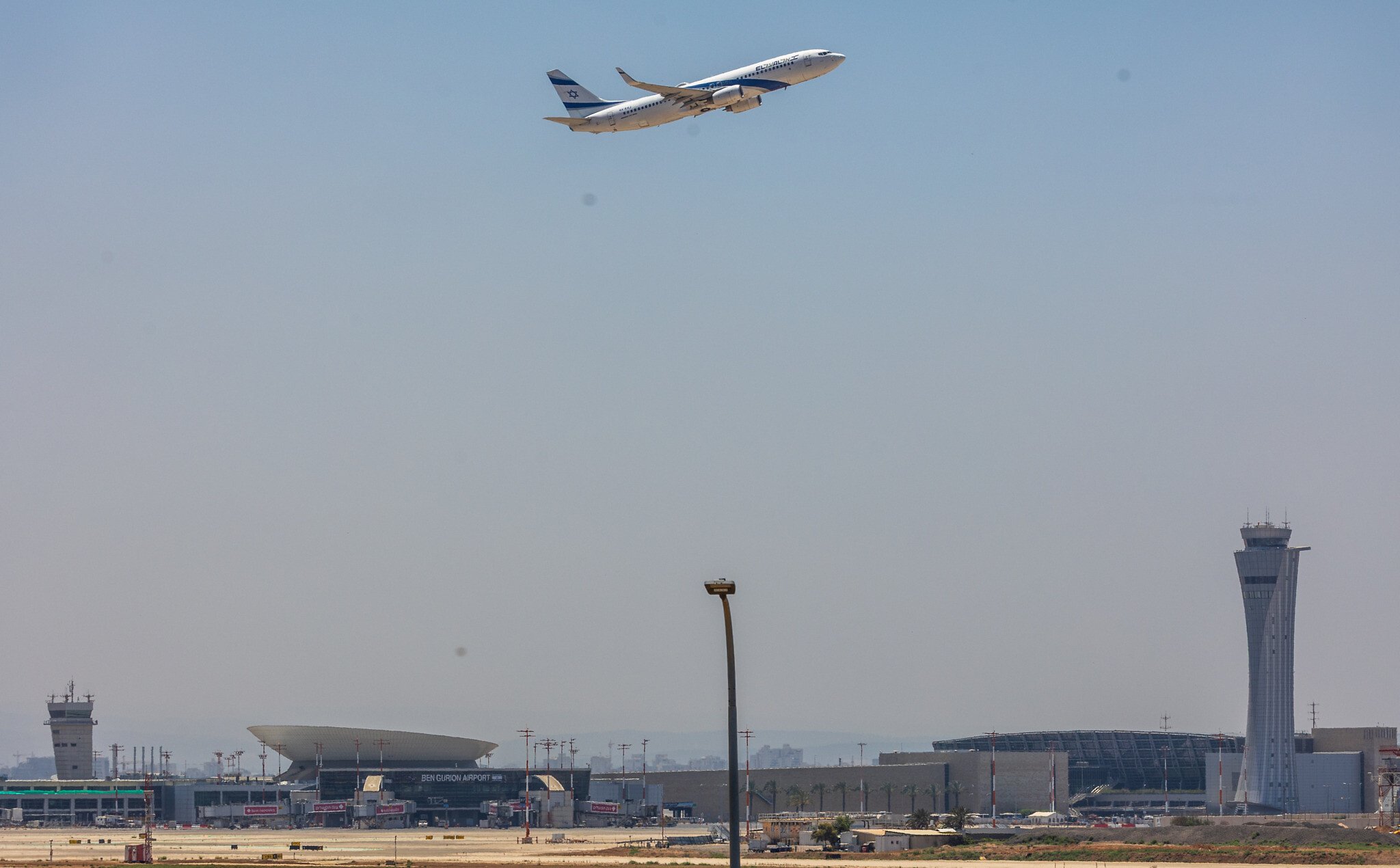What Happened
The ongoing conflict in the Middle East, particularly the escalating tensions between Israel and Iran, has led to significant disruptions in travel and safety for individuals in the region and beyond. As of June 2025, the situation remains volatile, with the potential for rapid changes in security conditions. In response to these developments, the Australian government has issued travel advisories for citizens considering travel to Israel and the Occupied Palestinian Territories, as well as Iran. The advisory highlights the unpredictable nature of the conflict, warning that safety risks may increase and that travel plans could be severely impacted.
In a related development, Israel has begun allowing outbound flights from Ben Gurion Airport, which had been closed to departures since June 13 due to security concerns. The initial flights are restricted to 50 passengers per plane, aimed at minimizing security risks and managing the number of people congregating at the airport. This decision comes as over 1,000 Israelis and foreign nationals are expected to leave the country, marking a significant shift in the travel landscape amid the ongoing conflict.
Key Details
-
Travel Advisory Issued: The Australian government has warned that the conflict in the Middle East could lead to increased safety and security risks globally, including potential terrorist attacks and civil unrest. Travelers are advised to monitor the situation closely and consider their safety before proceeding with travel plans.
-
Outbound Flights from Israel: Starting June 23, 2025, Israel has resumed outbound flights from Ben Gurion Airport with strict passenger limits. The government expects to facilitate the departure of over 1,000 individuals, prioritizing humanitarian and national security cases. Passengers are advised to arrive at the airport no more than two hours before their flight and to use public transportation to minimize time spent in the terminal.
-
Flight Restrictions: The Israeli government has implemented a cap of 50 passengers per flight to reduce the risk of overcrowding and potential security threats. This measure follows a period during which air travel was heavily restricted due to military operations against Iran’s nuclear program.
-
Travel Disruptions: The closure of airspace and the potential for flight cancellations and delays have affected travel plans for many individuals, even those not traveling to the Middle East. Travelers are encouraged to confirm their flight details with airlines and review their travel insurance policies regarding cancellations.
Multiple Perspectives
The situation has elicited varied responses from different stakeholders. The Australian government emphasizes the importance of safety and security, urging citizens to remain vigilant and informed about the evolving situation. The Smartraveller advisory underscores the risks associated with travel to conflict zones, highlighting the potential for reprisal attacks and increased terrorist activity.
On the other hand, Israeli officials, including Transportation Minister Miri Regev, have framed the resumption of outbound flights as a necessary step to facilitate the safe return of stranded individuals while managing security risks. Regev noted that the government is closely monitoring the situation and may adjust flight operations based on security assessments.
Travelers themselves express a range of sentiments. Some individuals feel compelled to leave due to safety concerns, while others may still consider traveling for personal or professional reasons, despite the risks. The decision to travel is ultimately left to individual discretion, with the understanding that conditions can change rapidly.
Context & Background
The conflict between Israel and Iran has deep historical roots, with tensions escalating significantly in recent years over issues such as Iran’s nuclear program and its support for militant groups in the region. The current phase of conflict has seen military actions and retaliatory strikes, leading to heightened security concerns not only in Israel but also in surrounding countries and beyond.
The impact of this conflict extends to global travel, as airspace closures and security alerts can disrupt international flight patterns. The Australian travel advisory reflects a broader trend of governments reassessing travel safety in light of geopolitical tensions, urging citizens to remain aware of potential risks when traveling to affected regions.
What We Don’t Know Yet
As the situation continues to evolve, several uncertainties remain. The long-term implications of the current conflict on regional stability and international relations are still unclear. Additionally, it is uncertain how the Israeli government’s travel policies may change in response to ongoing security assessments and the effectiveness of current measures to ensure passenger safety.
Furthermore, the extent to which the conflict will affect global travel patterns and tourism in the Middle East is yet to be determined. Travelers are advised to stay informed through reliable news sources and government advisories as the situation develops. The potential for further escalations or resolutions in the conflict will likely influence travel advisories and safety recommendations in the near future.


